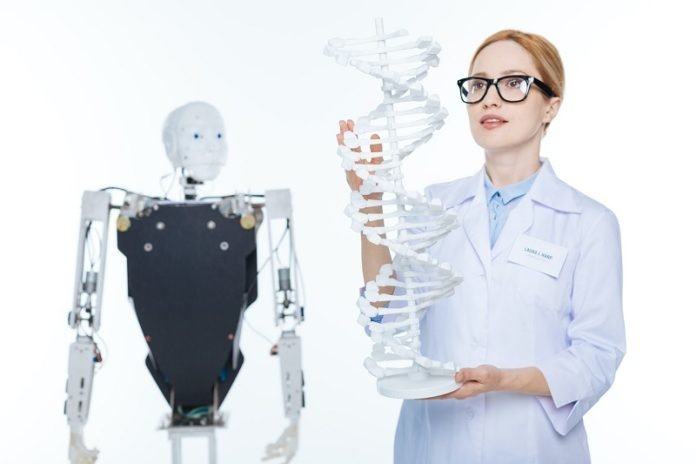
A group of scientists from Cornell University recently conducted a study using computer programs that learn by themselves.
The aim was to find the best way to predict how Alzheimer’s disease will develop in different people.
They found it’s easier to predict how the disease will advance in people who already have some memory loss compared to those who are still healthy.
When predicting how Alzheimer’s will develop over time in healthy individuals, the longer they tried to look into the future, the less accurate the predictions became.
However, for people with some memory problems, they were able to make better predictions the further into the future they looked.
The Tools Used
In this study, they used brain scans called MRIs to try and predict the development of the disease. These scans were helpful for both healthy people and those with some memory problems.
For people with more severe memory problems, scans that track certain signs of the disease in the body (PET scans) were found to be more useful.
The results of this research were shared in a scientific journal called PLOS ONE on November 16. The main author of the paper is Batuhan Karaman, a student studying for a PhD at the university.
Why Predicting Alzheimer’s Matters
Alzheimer’s disease slowly develops over many years before symptoms like memory loss start to show.
Some people may get worse quickly after being diagnosed, while others can live with mild symptoms for many years. This makes it hard to predict how fast the disease will develop in different people.
When people are diagnosed with Alzheimer’s, the disease has already caused a lot of damage to the brain, and this damage can’t be reversed.
“We really need to catch Alzheimer’s disease early on,” said Mert Sabuncu, a professor who worked on the study.
This could help doctors figure out who might get worse quickly and who might not, so they can plan the best treatment for each person.
Methodology and Findings
In this study, the researchers worked with Elizabeth Mormino from Stanford University.
They used a computer program that learns by itself to analyze five years’ worth of data about people who were either healthy or had some memory problems. This data included everything from their genes to their brain scans.
They found that predicting if a healthy person will start showing symptoms is much easier if they’re only looking one year into the future, compared to five years.
On the other hand, if someone already has memory problems, they can predict more accurately if that person will develop Alzheimer’s disease over a four-year period.
This could give them clues about how the disease develops over time, but more research is needed to confirm this.
The Next Steps
The scientists are planning to modify their computer program to handle more detailed data.
This could include complete images from brain scans or information about a person’s genes, rather than just summary information. They hope this will make their predictions even more accurate.
If you care about brain health, please read studies about vitamin D deficiency linked to Alzheimer’s and vascular dementia, and higher magnesium intake could help benefit brain health.
For more information about brain health, please see recent studies about antioxidants that could help reduce dementia risk, and coconut oil could help improve cognitive function in Alzheimer’s.
The study was published in PLOS ONE.
Follow us on Twitter for more articles about this topic.
Copyright © 2023 Knowridge Science Report. All rights reserved.



